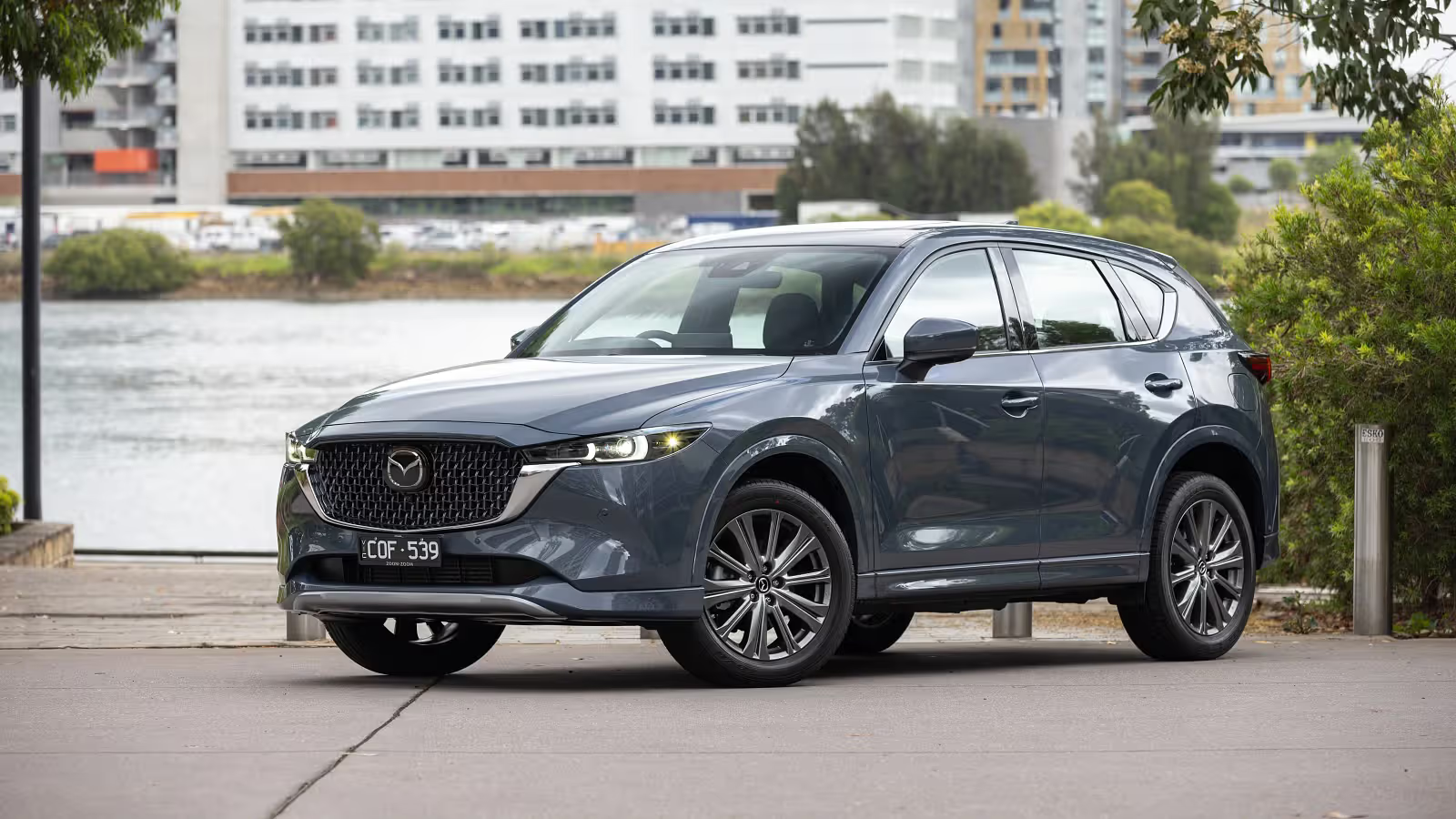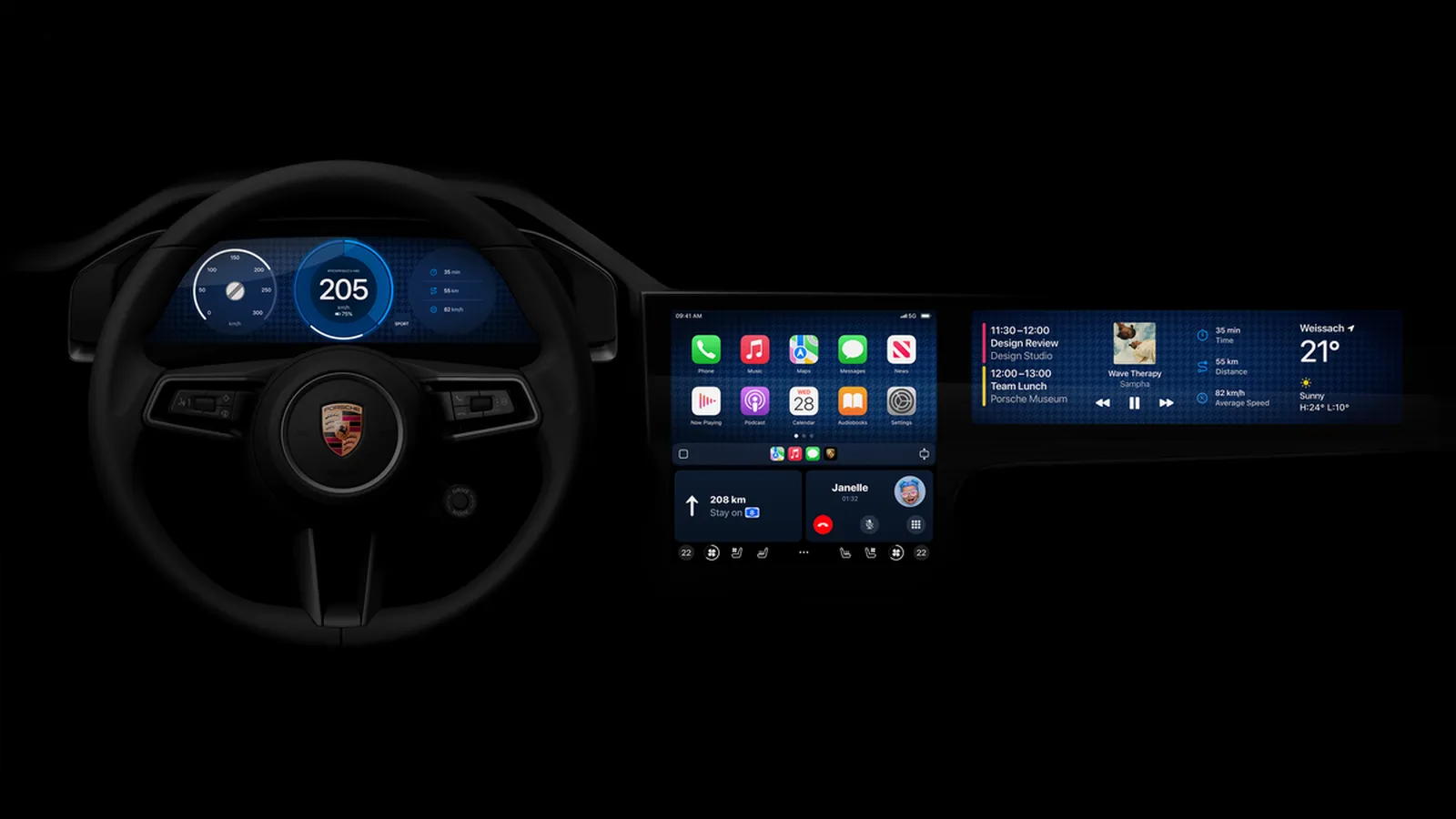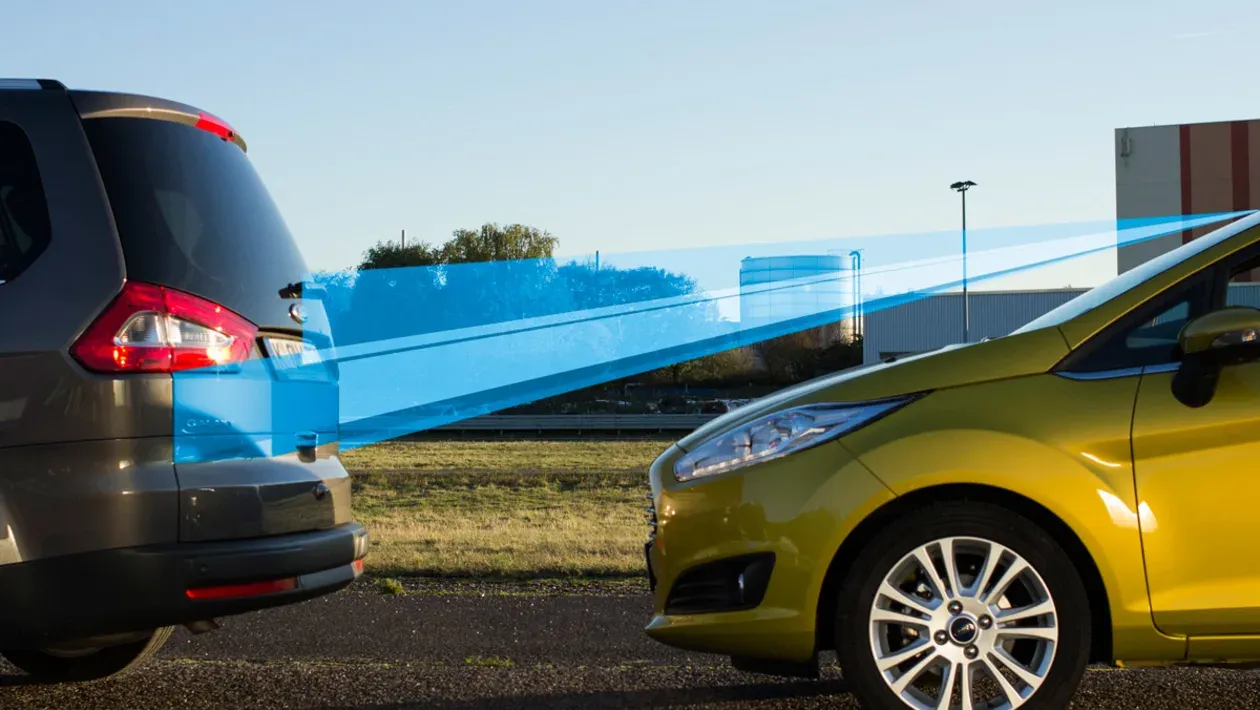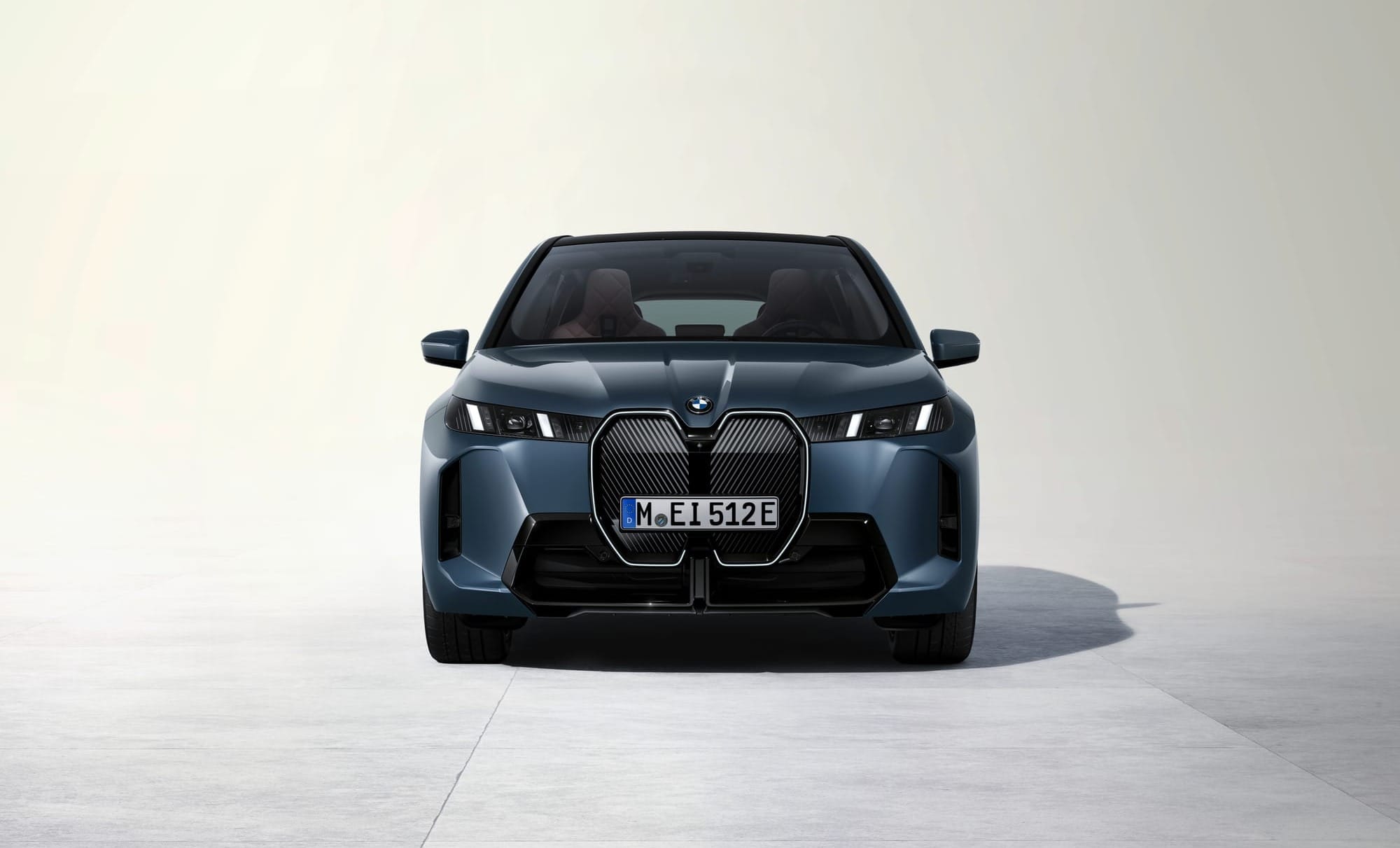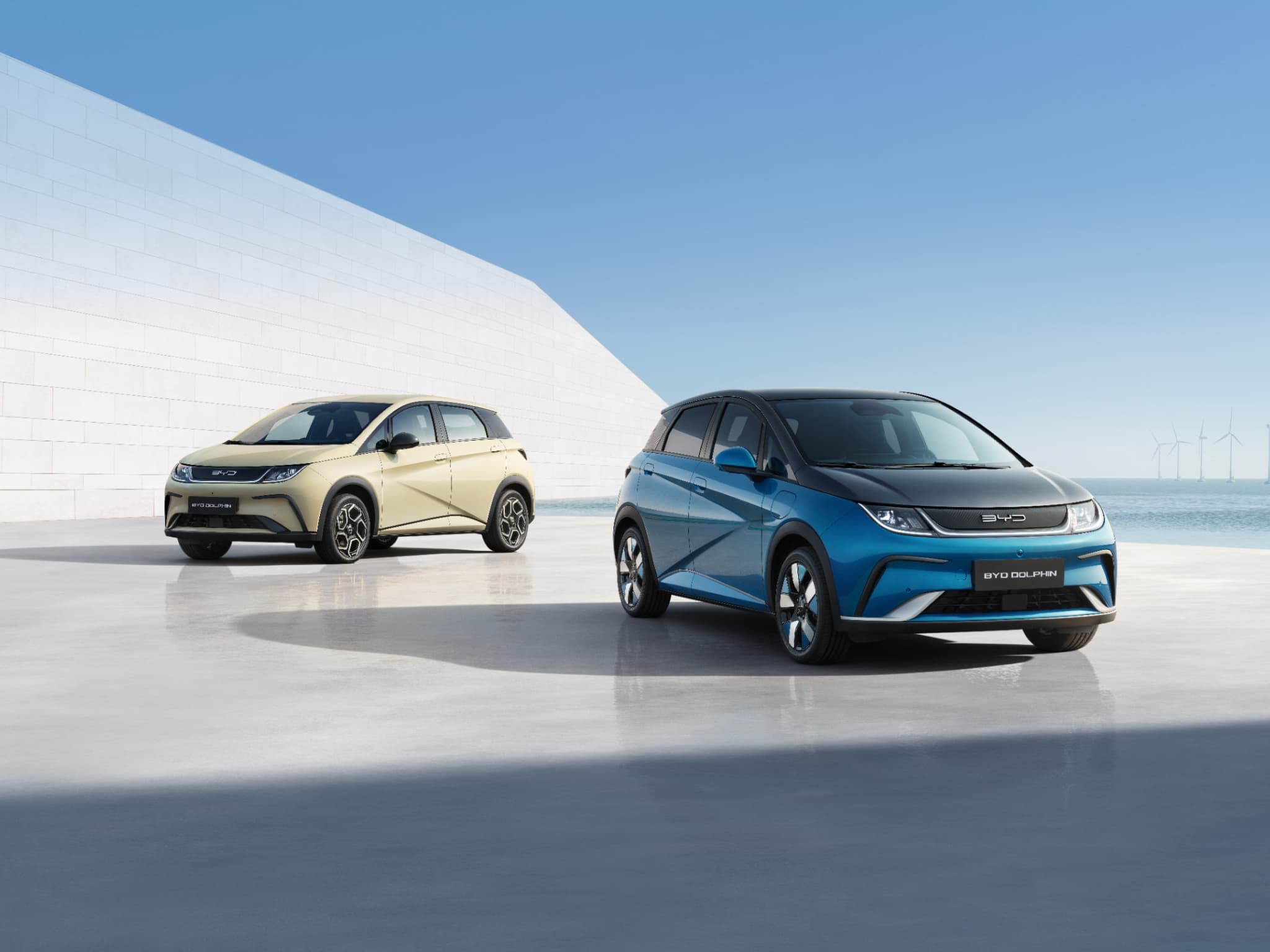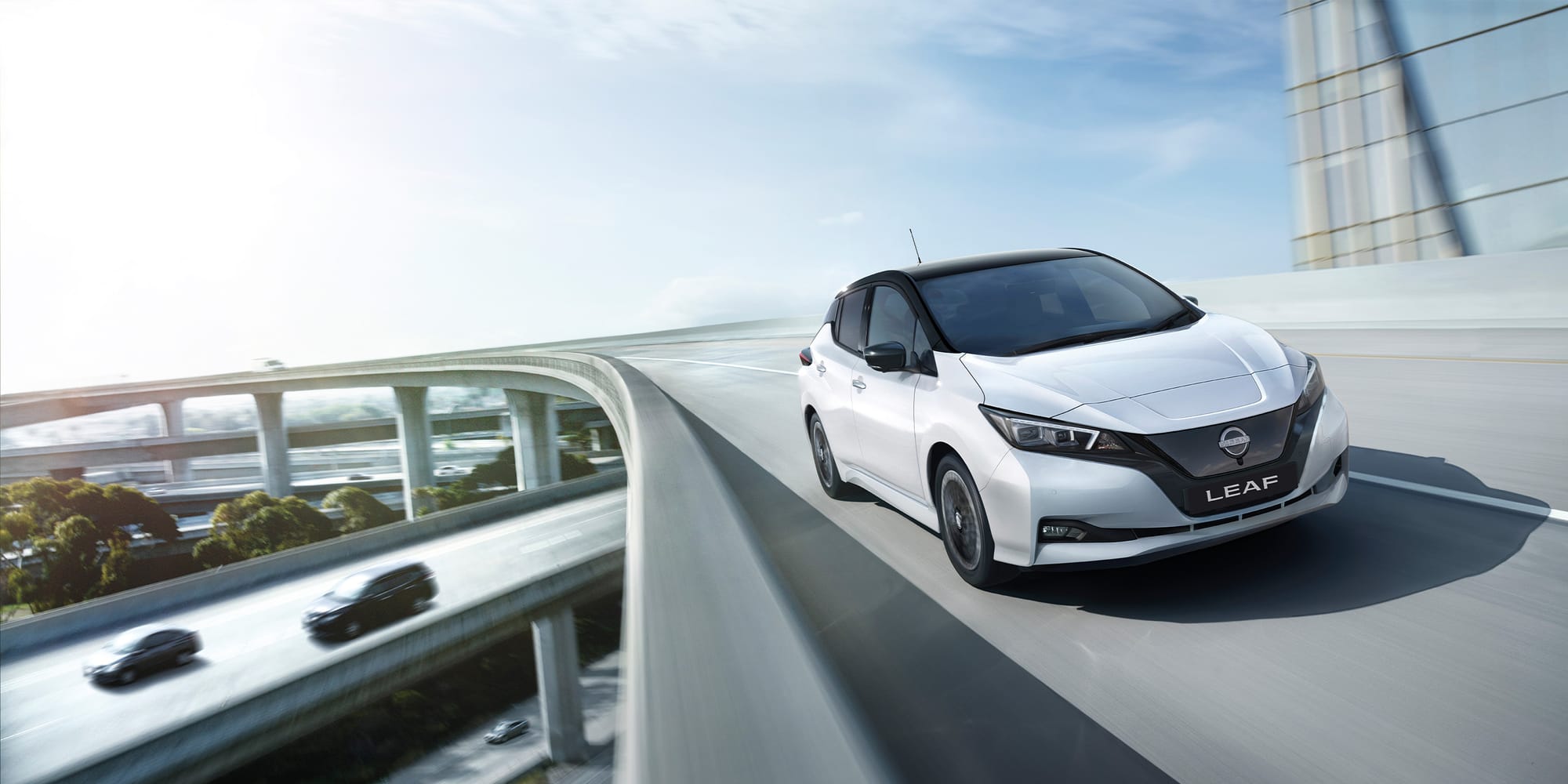Mazda is set to introduce its next-generation CX-5 SUV with a revolutionary new engine technology, potentially reshaping the compact SUV market.
Mazda has revealed plans to launch a new engine called Skyactiv-Z, which is expected to debut in the next-generation CX-5 around 2026-2027. This innovative powertrain promises to combine high efficiency with strong performance, marking a significant step in Mazda's commitment to internal combustion technology.
Powertrain Innovation

The Skyactiv-Z engine represents Mazda's latest advancement in combustion technology. It will utilize the 'lambda one' combustion method, which aims to achieve high thermal efficiency through super lean burn combustion across a wide RPM range. This technology is expected to provide excellent environmental performance without compromising driving dynamics.
Design and Dimensions

While specific design details of the 2026 CX-5 are not yet available, it's likely to build on Mazda's current design language. German dealers have suggested the new model could be approximately 110mm longer than the current version, potentially offering more interior space.
Performance and Weight


Mazda aims to balance performance with efficiency in the Skyactiv-Z engine. The new powertrain is designed to meet stringent Euro 7 and US EPA Tier 4 emissions standards while still delivering engaging performance. Exact power and torque figures are yet to be revealed.
Vision
This move aligns with Mazda's vision to continue developing internal combustion engines alongside electrification. The company is committed to improving efficiency and reducing emissions while maintaining the driving pleasure that Mazda vehicles are known for.
Future Implications
The introduction of Skyactiv-Z technology could have far-reaching implications for Mazda's lineup. The company plans to apply learnings from this engine to its inline-6 engines in the future, suggesting a broader application of the technology across its range.
Industry Context
In an automotive landscape increasingly focused on electrification, Mazda's continued investment in advanced internal combustion technology stands out. This approach could appeal to consumers who are not yet ready to transition to fully electric vehicles but still desire improved efficiency and reduced emissions.
With the new Skyactiv-Z engine potentially debuting in the 2026 CX-5, Mazda is positioning itself as a innovator in internal combustion technology. As more details emerge, it will be interesting to see how this new powertrain performs in real-world conditions and how it compares to hybrid and electric alternatives in the competitive compact SUV segment.



